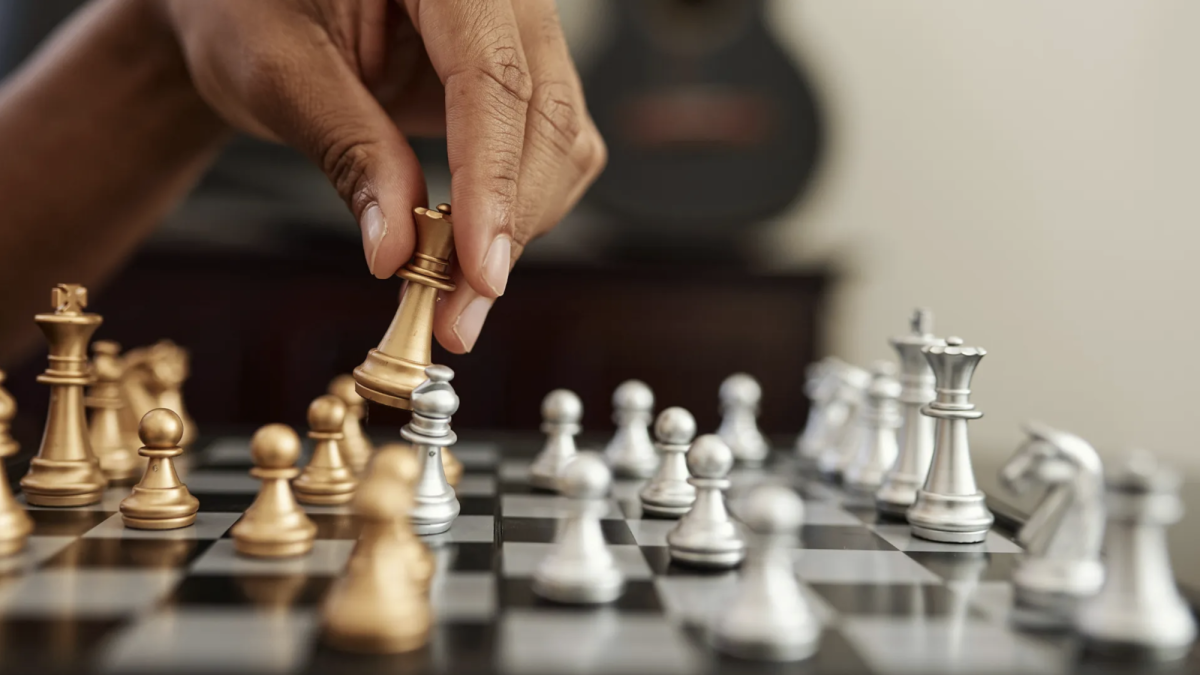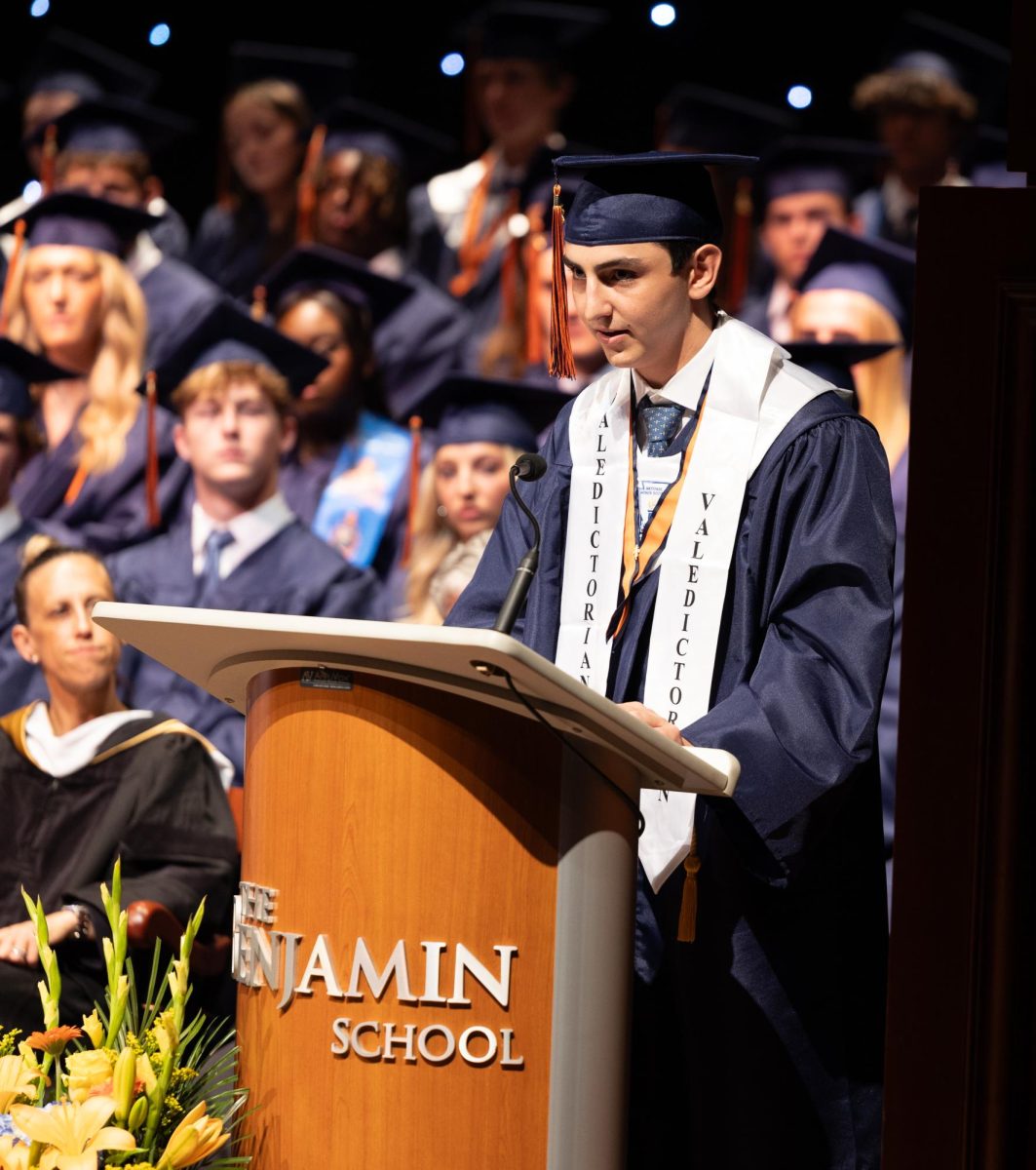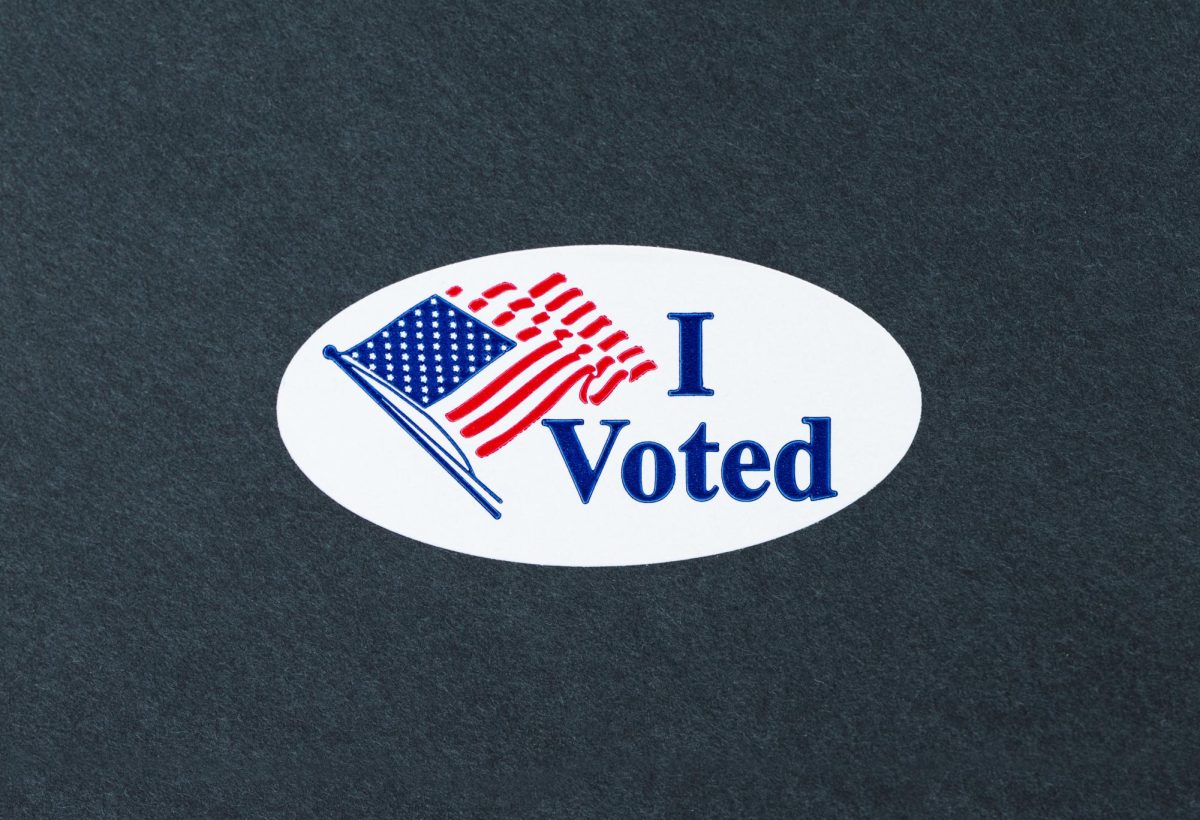If you ever want to truly see the world, all you need to do is lose your sight.
It was a typical summer morning when the trouble began. The words on my laptop screen were a bit harder to read. Later that afternoon, the text of the paperback novel I was beginning seemed to flicker. I decided I needed to give my eyes a rest from their usual vacation schedule of video games, streaming movies, and reading super-long novels. A week later, and things were no better.
The optometrist detected no changes. A slightly changed prescription of my glasses did nothing to make the words stop disappearing from the page and shrinking on the screen.
The weeks and months that followed were a literal blur as words became disjointed letters, letters lost their serifs, and then– quite gradually faded into the background. Occasionally they’d reappear as if tapped by some magical potion that made communication possible again. But rare is the wish that is granted in perpetuity.
I’ d love to recount a tale of the beauty of humanity coming to my rescue. But this is an entry not from a novel, but a mind.
Read faster. Stop stuttering. You skipped a word. Why is your screen so zoomed in. What are you staring at. Nice sunglasses. Someone is in a bad mood. Can you mark this already. I clearly wrote it here. You read it. You’re the teacher.
I was suddenly the main character in my own Social Institute lesson on tolerance, learning differences, and resilience. The toughest lesson? Adults, my peers, were the meanest. The most heart-warming? Never underestimate a freshman’s capacity to empathize, as each seemed more eager than the next to encourage me with suggestions on how to cope with the challenge of suddenly losing my ability to read.
In the nine-month period during which I went from speed reader to master of magnifiers, I learned much about learning, of what I’d mastered and what I’d known. Ever try using Adobe without being able to read the file menus? Don’t. On the other hand, you really do internalize a lot of Shakespeare if you read his work often enough. I may not know every word of King Lear, but my abridged mental version could sure get you a higher grade than whatever those folks at Shmoop are posting these days.
The tasks I’d mastered didn’t require me to think as much as they required me to feel. Perhaps that’s the missing link in grading: not effort, but empathy. When you can connect with something, when your feel it, then you’ve mastered it. It’s why we’re so often struggling to explain what we know so well– we process it not in our minds but somewhere deeper.
If you need to think about solving an equation in Calculus, you’ve not mastered the skill. If you can feel your way through it, then you’re on the way to making it up on Ruggie’s Wall.
The inability to quickly lose my- self within the covers of a new book each night challenged me to find new ways to connect with the characters off the page. The ones at desks, in stores, and even at debate events. You know why it’s hard to make friends? Because no matter how much you think a book can teach you about the human condition, of humanity, of life, it can never teach you to predict the unpredictability of our fellow sapiens. People don’t act according to Freytag’s pyramid, they don’t speak in structured meter, they usually don’t foreshadow what they’re going to do, and they definitely aren’t concerned with offering your sign-posts to character shifts, conflict points, setting changes, or tonal changes.
In focusing on people over pages, faces over phrases, I found myself exhausted by the sensation of surprise. I’d catch a sophomore speaking a syllogism, an artist applying texture to diction, a neighbor secretly checking out my Amazon packages when she thought I wasn’t looking. You don’t need a book to have a good story, you simply need a good cast of folks around you.
A week after the Seniors took their jumps into the Lake, a very skilled doctor returned to me the gift of sight, the tool I thought I’d need to read again.
I’ve since had an amazing few days of clarity. I see new shades of color, new fields of depth, new movements of life’s smallest details.
As you embark on your “citizen summers,” I encourage you to fully complete your summer reading assignments. Crack wide those books, but also open up your eyes to stories, situations, and characters that make your lives worth living. Master the art of reading. Nothing feels better.







